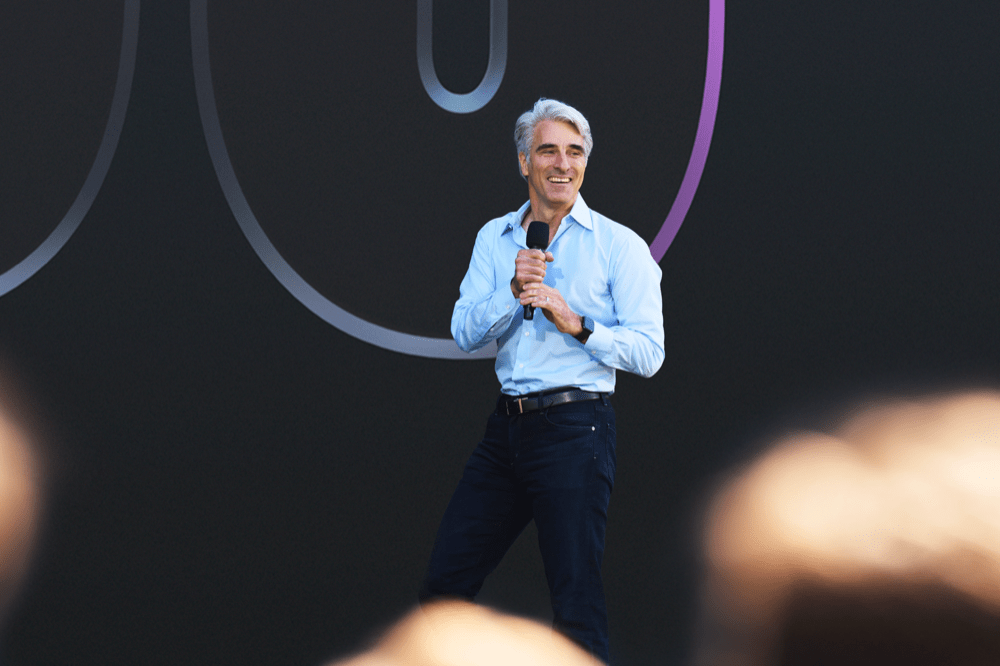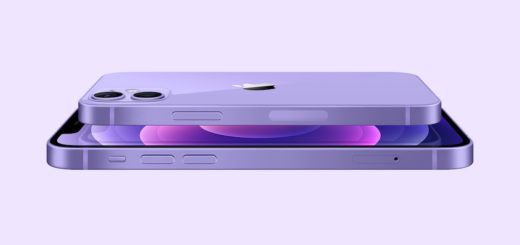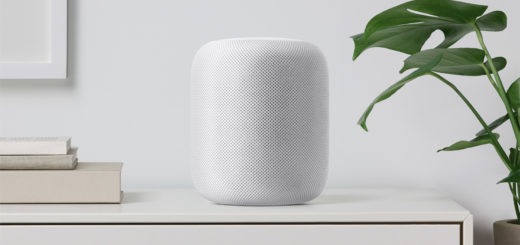Apple’s iOS 18 may be late, and worth waiting for

The weekend saw multiple reports following Mark Gurman’s piece in which he claimed Apple has taken a short break in iOS 18 development to double check for faults and flaws. That report also suggests the highlight in next year’s iPhone release cycle will be software rather than hardware.
Worried not worried not at all
Reading between the lines, I think it’s plausible to believe the next iOS may debut a little later than normal, while also being worth waiting for.
That’s not what Gurman claims, but I think Apple’s ambition will need a little extra work. In part, this is apparently because Apple plans weaving a little Generative AI inside the upcoming OS.
Given the many ways in which it might achieve such a thing, it makes sense that the company will want to ensure these new features work right.
As one of the most likely offers behind Apple’s attempt will inevitably be around data privacy and on-device processing, it remains plausible to anticipate a combination of both focused, private, domain-focused GAI tools alongside cloud-based solutions that provide a little less security.
Apple will also want to stage a serious fight back for Siri, the one-time Apple super-hero smart assistant which has really been beaten up by kryptonite in recent years.
WWDC may turn out to be a banner year for devs
That doesn’t mean Apple will depart too much from its customary release cycle. It will still introduce iOS 18 at WWDC, according to Gurman, but I can still easily imagine some additional delay.
In part that’s because technology at this level is highly complex, but also because Apple is expected to introduce some significant products in 2024, including an all-new iPad family as well as the first generation Vision Pro.
The latter will be closely integrated with the rest of the company’s product offerings, and finessing any new GAI features the company intends will take a little extra time because it will want these tools to absolutely shine on visionOS.
That’s going to be particularly important as the company tries to inflame a wave of hype and optimism around its products toward the launch of Vision Pro 2 (or whatever it is called) in 2025. The latter should be cheaper and far more aimed at the mass market, rather than enthusiasts and early adopters.
Bringing the team back together
I don’t think any of these suggestions are especially difficult to imagine, and I can imagine that weaving the ecosystem effectively – which is what operating systems at Apple actually do – may take a little extra time.
All the same, the results should be worth waiting for as they promise a kind of “Generative AI for the rest of us” that people don’t need to sit through endless heavily marketed “Prompt Guides” to understand.
The AI should be both powerful and focused and may well lead to even more opportunity for the company within the enterprise markets. After all, one of the bigger disincentives for use of GAI in regulated industries right now relates to data privacy, or the lack of it, in some models used out there.
If Apple can introduce GAI at the Edge, it will hold a golden ticket for enterprise IT that is to a great extent more private than you’ll find elsewhere.
This is why I think iOS 18 (and iPad OS 18, watchOS, visionOS, tvOS and what in a flight of fancy I call macOS Anza Borrego) may be a little later than usual, but well worth waiting for.
Please follow me on Mastodon, or join me in the AppleHolic’s bar & grill and Apple Discussions groups on MeWe.




